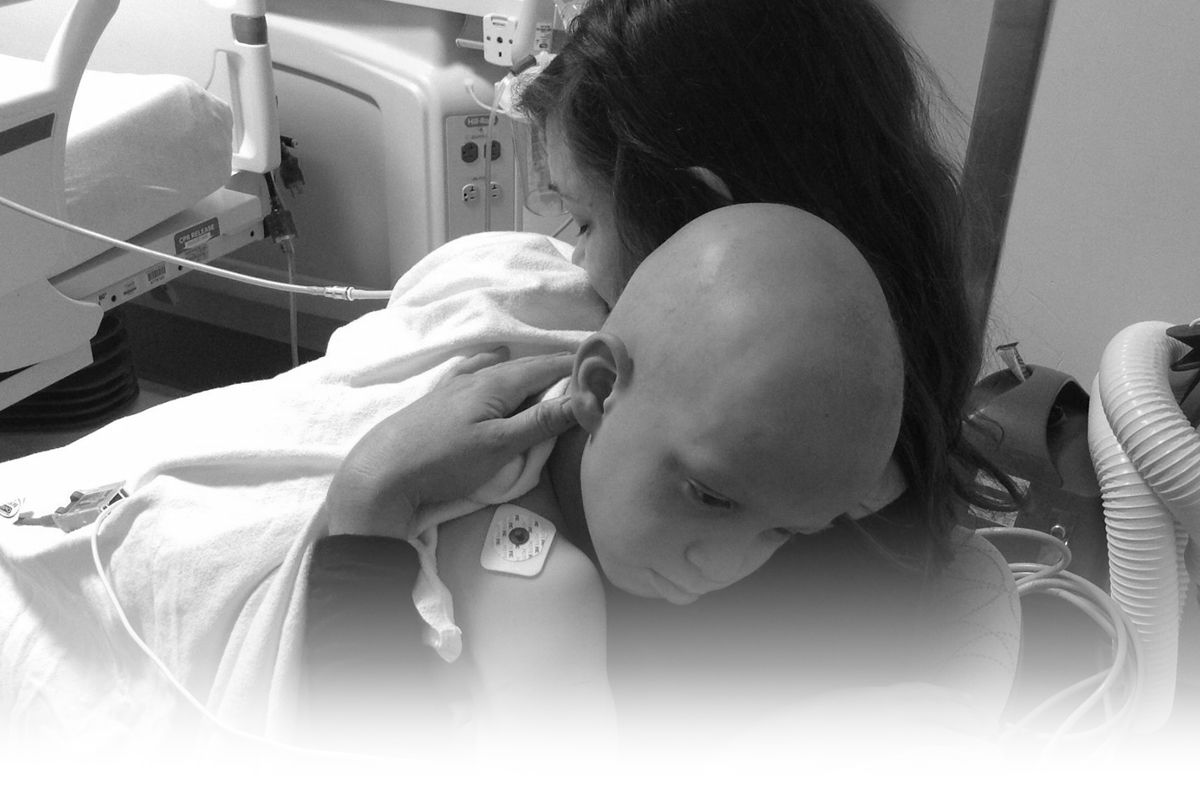Last week almost 350 advocates from 40 states participated in 222 congressional meetings bringing the voice of the Childhood cancer community to Capitol Hill.
We asked Congress to Prioritize a “Childhood Cancer Package”
- – Last year, the House of Representatives unanimously passed two bipartisan bills with important provisions related to pediatric drug development, clinical trials, and access to care.
- – Together, these bills, which we call the “Childhood Cancer Package”, would represent the most influential childhood cancer legislation in a decade.
- – Unfortunately, these bills did not make it over the finish line before the end of the last Congress.
- – Congress MUST prioritize the needs of children with cancer.
- – We asked that Congress support this “Childhood Cancer Package” and urge House and Senate leaders to advance it at the first available legislative opportunity.
- – The package will ensure that children with cancer get the timely care that they need.
- – Children with cancer often require specialized care that may not be available in their home state, including the roughly 50 percent of children in the US enrolled under Medicaid or CHIP.
- – Some of these patients face burdensome, unnecessary delays in accessing time-sensitive care out-of-state.
- – This can include access to a particular specialist or facility or enrolling in a clinical trial.
- – Their needs are time-sensitive, every second between diagnosis and treatment is critical.
- – The Accelerating Kids’ Access to Care Act would reduce these red tape delays, allowing children with cancer and other complex medical needs who are covered by Medicaid quicker access to time-sensitive care.
- – We asked them to Please cosponsor Accelerating Kids’ Access to Care Act.
- – The package will also improve childhood cancer research.
- – Due to their small patient population, children with cancer rely on the Federal government to fund research, require drug companies to study treatments in children, and provide incentives to spur innovation.
- – The Give Kids a Chance Act extends vital research incentives, ensures children with cancer continue to have access to the newest cures, and guarantees pediatric studies happen in a timely manner.
We asked Congress to Protect Federal Funding for Childhood Cancer Research
- – Stable federal funding is the lifeline for children with cancer and their families.
- – 80% of the 14,000 newly diagnosed children and adolescents each year rely on research institutions to provide life-saving care, with more than half of newly diagnosed children enrolling in clinical trials.
- – Any changes to NIH policy considered by the Administration or Congress must ensure children with cancer and their families aren’t harmed.
- – We also urged Congress to once again fully fund two critical childhood cancer research programs: The Childhood Cancer STAR Act and the Childhood Cancer Data Initiative
We asked Congress to Protect Children on Medicaid
- – Medicaid plays an especially critical role as a safety net for childhood cancer patients
- – It covers more than 37 million children, or half of children in the US, including 1 in 3 newly diagnosed children.
- – Children with cancer and their families cannot afford changes to the Medicaid program that, restrict access, reduce the quality of services, or cut needed funding.











 for an updated map of STAR Act cosponsors and write on behalf of the kids
for an updated map of STAR Act cosponsors and write on behalf of the kids With our expanded focus, tay-bandz has changed its name to Conquering Kidz Cancer. With our new name and branding we’ve kept, but updated, Taylor’s signature “good luck” ladybug in our logo. To celebrate this new branding, an event was held at a private residence overlooking Central Park on September 26th. Over 50 of our supporters joined us as we toasted the research we’re helping to fund. Many experts in pediatric cancer treatment, including many of the doctors working on precision medicine attended the event. Amongst them were lead researcher Dr. Andrew Kung, as well as Dr. Darell Yamashiro, Dr. Julia Glade Bender and Dr. Michael Weiner. Internationally acclaimed opera singer James Valenti also attended and even performed. See photos from this event at
With our expanded focus, tay-bandz has changed its name to Conquering Kidz Cancer. With our new name and branding we’ve kept, but updated, Taylor’s signature “good luck” ladybug in our logo. To celebrate this new branding, an event was held at a private residence overlooking Central Park on September 26th. Over 50 of our supporters joined us as we toasted the research we’re helping to fund. Many experts in pediatric cancer treatment, including many of the doctors working on precision medicine attended the event. Amongst them were lead researcher Dr. Andrew Kung, as well as Dr. Darell Yamashiro, Dr. Julia Glade Bender and Dr. Michael Weiner. Internationally acclaimed opera singer James Valenti also attended and even performed. See photos from this event at 


